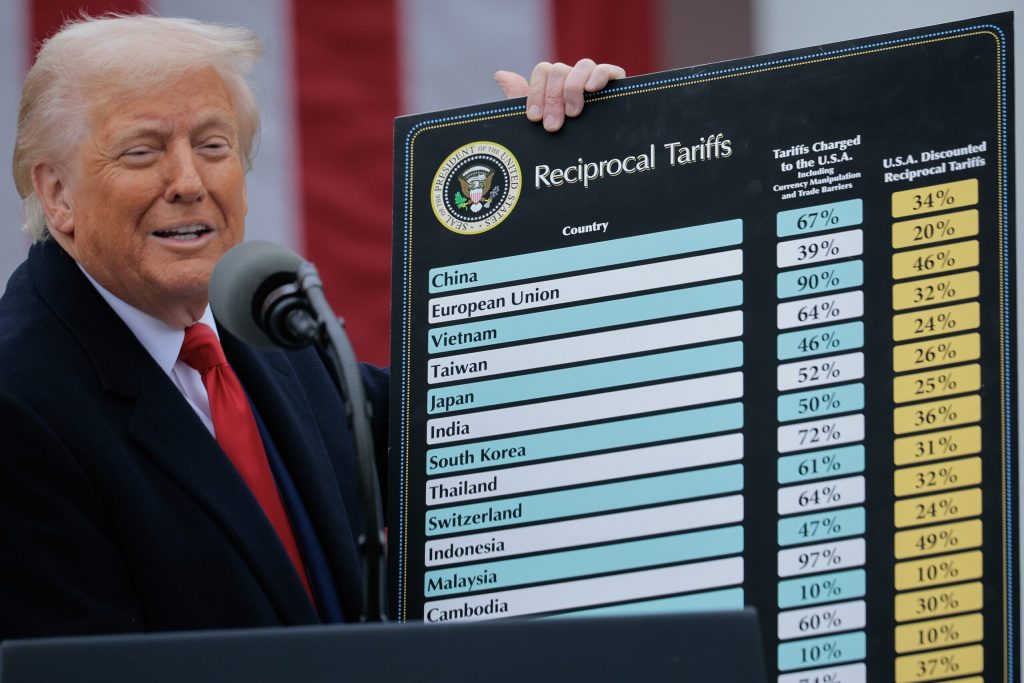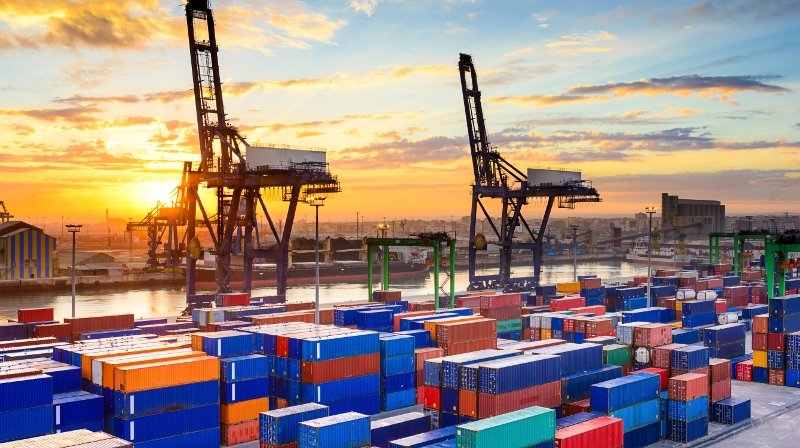
As the global economy becomes more intertwined, changes in U.S. trade policy—such as the 2025 tariff hike—can significantly affect South African consumers and industries. Understanding US tariff effects on South Africa is essential for staying financially informed.
Most countries have limited natural resources, goods, or services. This creates opportunities for global trade, allowing countries to source what their populations need most. A tariff is a tax that governments impose on imported goods or services. However, trade hasn’t always been peaceful. Geopolitics, foreign policy, alliances, and competition often shape global trade.
The U.S. Tariff Hike: A Game-Changer for South Africa
After months of hints, on April 2, 2025, President Trump announced the most significant tariff increase in U.S. history. South African goods now face a 30% import tariff. This move aligns with the administration’s agenda to correct trade imbalances and protect U.S. industries.
“American steelworkers, autoworkers, farmers, and skilled craftsmen, we have many here with us today, who suffered gravely,” Trump said in the White House Rose Garden. “Foreign cheaters have ransacked our factories. Foreign scavengers have torn apart our once beautiful American dream.”

This is a severe blow for South Africa. In 2024, the country exported over R35 billion in vehicles to the U.S., which accounted for 64% of all its automotive exports under AGOA. These new tariffs could seriously affect South Africa’s economy and industries, highlighting the significant effects of US tariffs on South Africa.
How US Tariffs Affect South African Consumers
South African consumers will likely feel the ripple effects of these tariff increases in several ways:
Automotive Sector Under Pressure: A Clear Example of US Tariff Effects
The automotive industry is the most notable industry affected by this tariff increase. Regarding the worth of vehicles shipped in 2024, accounting for 6.5% of the United States, South Africa is the third-largest destination for automotive exports, with approximately R35 billion in vehicle exports in 2024. The proposed 30% tariff increase will impact car manufacturers in South Africa, including BMW, Ford, Isuzu, Mercedes-Benz, Nissan, Toyota, and Volkswagen, which produce vehicles for global markets. This could affect economic growth, unemployment levels, and foreign policies, illustrating the US tariff effects on South Africa.
CEO Mikel Mabasa stated: “The proposed tariff increase will severely impact local manufacturers operating in South Africa, including BMW, Ford, Isuzu, Mercedes-Benz, Nissan, Toyota, and Volkswagen, who produce vehicles for global markets, including the U.S. This could affect economic growth, unemployment levels, and foreign policies.”

Rising Costs and Consumer Prices: Exploring US Tariff Effects on South Africa
Many South African businesses rely on imported components from the U.S. to produce specific products or services, particularly in sectors like technology and automotive manufacturing. The increased costs from tariffs will be felt mainly by consumers. This is one clear example of how US tariffs affect South Africa and can increase production costs and retail prices.
Job Losses and Export Challenges: Economic Risks for South Africa
Exporters may see reduced demand from the U.S. With fewer orders, factories may cut back production or lay off workers. This could slow economic growth and increase unemployment rates across key industries. The US tariff effects on South Africa are not limited to economic metrics; they also have a human impact through job losses and reduced consumer purchasing power.

Reduced Export Demand & Job Losses
Tariffs usually disrupt supply chains, affecting the accessibility of certain products, making them more expensive for consumers. For instance, car brands manufacturing in South Africa and exporting their vehicles to the U.S. may have to scale back production due to reduced profitability, limiting buyers’ options locally and abroad. This scenario highlights the broader US tariff effects on South Africa, impacting domestic and international markets.

The 2025 U.S. tariff increase could impact South African consumers in many ways. Prices may rise. Product availability could shrink. Jobs may be lost. With businesses facing higher costs and consumers losing buying power, the ripple effects will be hard to ignore. Understanding US tariff effects on South Africa empowers citizens, business owners, and policymakers to better prepare for these external shocks.
These changes highlight the fragile nature of global trade—when significant economies shift their policies, smaller nations often feel the consequences the hardest. Stakeholders can develop strategies to mitigate these impacts and ensure economic resilience by recognizing the potential US tariff effects on South Africa.
